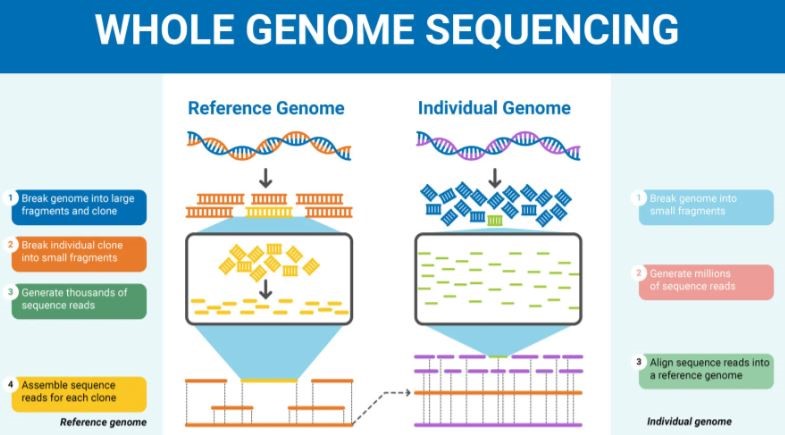7667766266
enquiry@shankarias.in
The Department of Biotechnology announced the completion of the Genome India Project the largest initiative to conduct sequencing of 10,000 genomes of the Indian population.
|
Genome India Project |
|

|
Genetic mutation |
Effect |
Prevalence |
|
MYBPC3 Mutation |
It is associated with cardiac arrest occurring at a young age |
India-It is found in approximately 4.5% of the Indian population. |
|
Global- This mutation is considered rare. |
||
|
LAMB3 Mutation |
It leads to lethal condition |
India- It is present in nearly 4% of the population near Madurai, Tamil Nadu. |
|
Global- This mutation is not observed in global databases |
There are over 4,600 distinct groups, and achieving comprehensive representation is challenging.
References